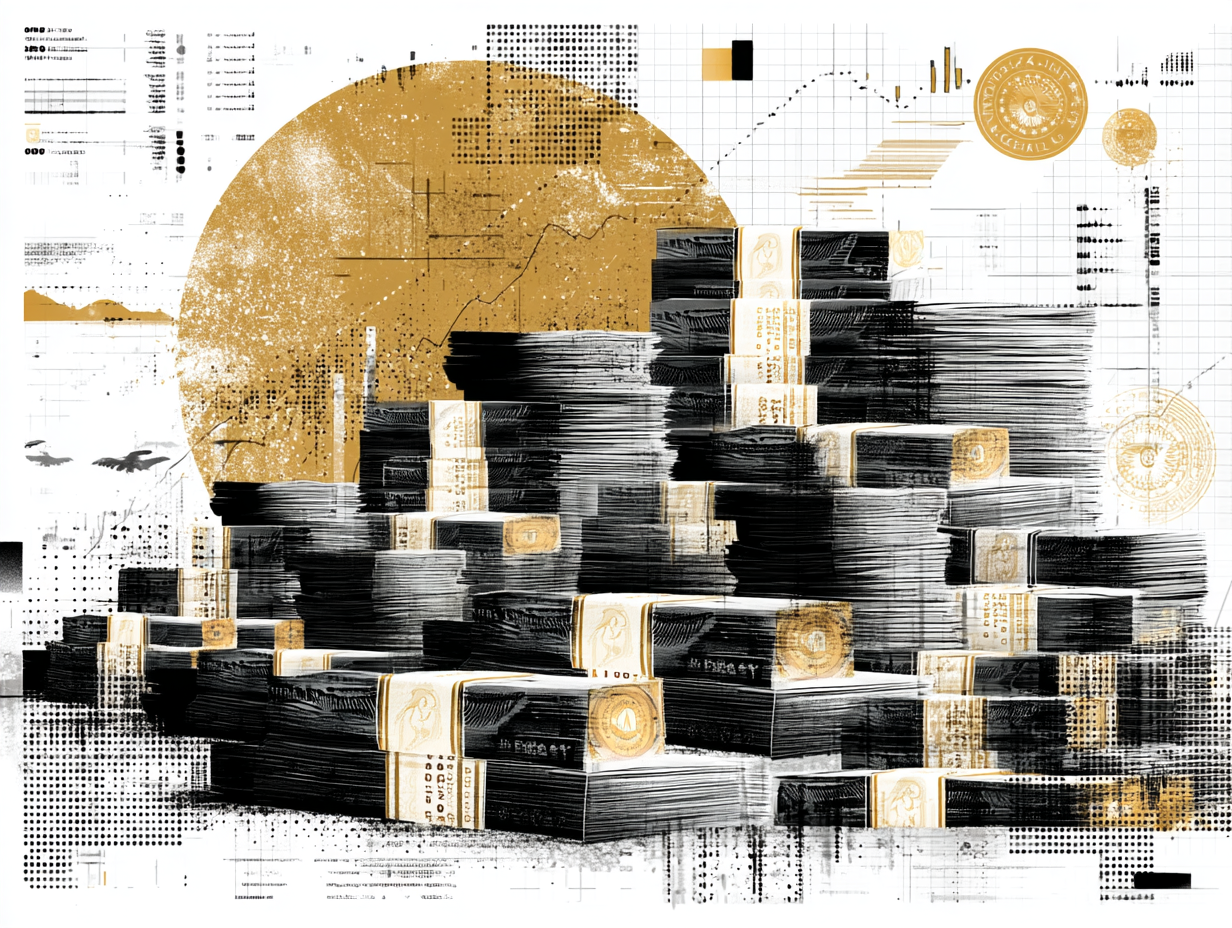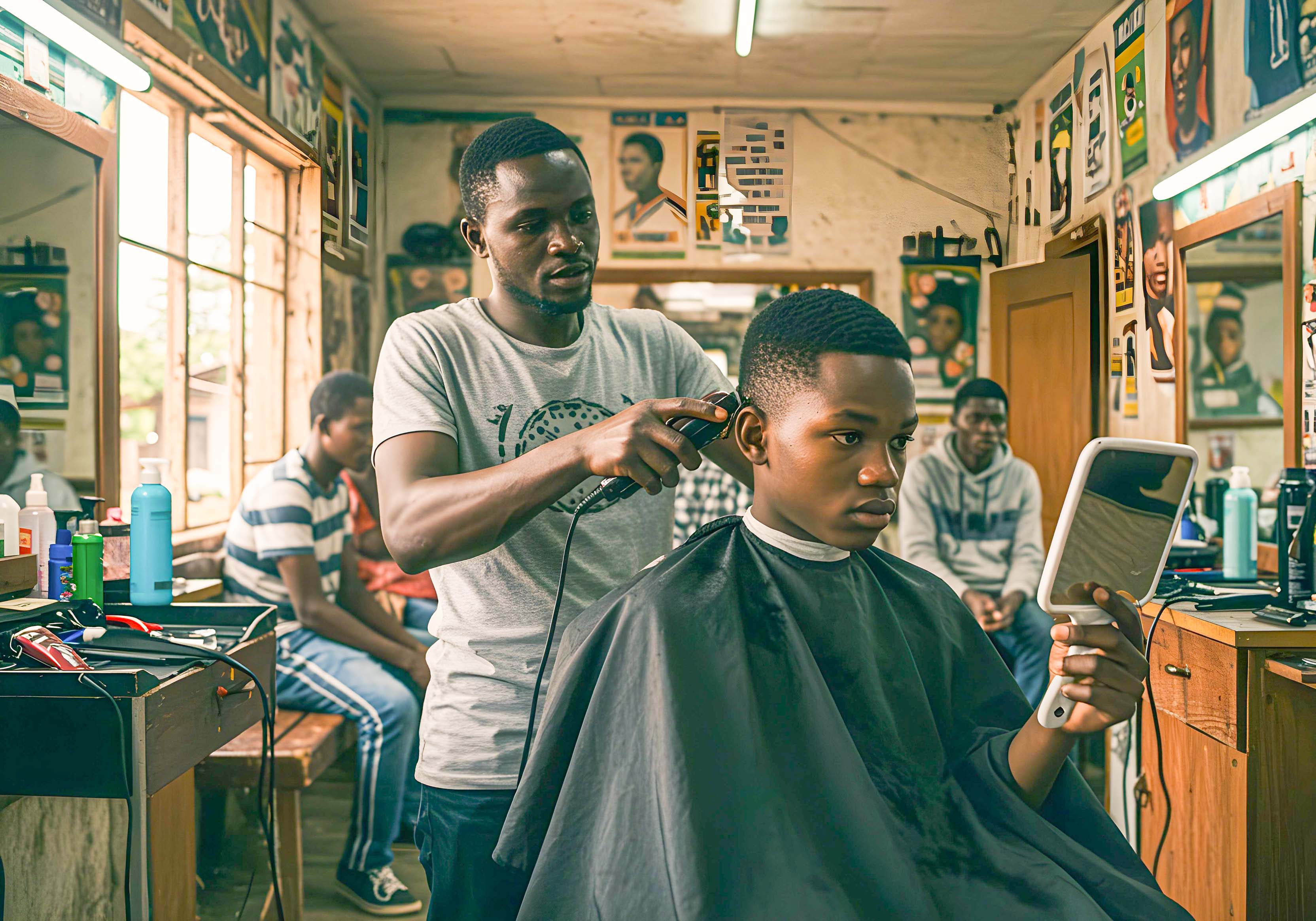The enemy within
Earlier this year, Aaron Mulenga showed some of his work at the Johannesburg Art Gallery as part of a public exhibition. Although Mulenga is an accomplished Zambian artist whose star is rising, he had some nagging questions during the exhibition. “I questioned whether my work was good enough to be there. I often doubt my art and the message behind it and ask myself whether I am where I should be as an artist.” For any artist, these aren’t unusual questions.
It’s a fact of life that most people at some point in their working lives will experience self-doubt. Even though they’re qualified for the job, they fear being found out, like they’ve lied to get where they are, like they’re frauds and don’t deserve to be there. This feeling is known as imposter syndrome.
In the late 1970s, two American psychologists, Pauline Clance and Suzanne Imes, carried out research into imposter syndrome. One hypothesis of their seminal paper was that imposter syndrome was something which only affected high achieving women. While there is some evidence to show that women are affected at a higher rate, research has shown that this phenomenon affects people across the age, gender and personality spectrum. As the seminal paper by Clance & Imes showed, sufferers tend to be high achieving, highly successful people. But who are these people and why do they feel this way, despite all the evidence that they’re right for the role?
While it’s often hard to pinpoint what types of people will experience imposter syndrome, it’s worth reminding ourselves that because we are human, we will feel this way from time to time. We are social creatures who care very much about belonging. Today social media has amplified the number of people’s lives we get some insight into, however incomplete. Nevertheless, wanting to belong and be accepted can end up becoming something far worse than we imagined. This is because at the heart of imposter syndrome lie two big misjudgements – of ourselves and of others. We misjudge our own abilities because we’re aware of our internal struggles and flaws. But we also misjudge others’ abilities because we often don’t see what’s really going on inside. We have a multi-faceted view of ourselves and a one dimensional view of others.
Feeling like an imposter takes different forms for different people. Dr Valerie Young, an imposter syndrome expert, suggests that there are five main types: (i) The Superwoman/man: these people work harder and harder to prove themselves, believing that they’ll only measure up when they’re as busy at their colleagues. (ii) The Natural Genius: these people judge their competence on ease of understanding. If they take a long time to master something, they feel shame. (iii) The Soloist: these people feel as though asking for help blows their cover and reveals them to be frauds. (iv) The Expert: these people measure their competence based on what and how much they know or can do. They fear being exposed as inexperienced or unknowledgeable. (v) The Perfectionist: these people set excessively high goals for themselves, and when they fail to reach a goal, experience major self-doubt and worry about not measuring up.
As a journalist, I’ve discovered that perfectionism had been my biggest struggle. In fact, perfectionism and imposter syndrome often go hand-in-hand. Anne Lammott is an American novelist. In her book Bird by Bird, which is full of sage advice for budding writers, she describes perfectionism as “the voice of the oppressor.” She adds: “Perfectionism means that you try desperately not to leave so much mess to clean up. But clutter and mess show us that life is being lived. Clutter is wonderfully fertile ground – you can still discover new treasures under all those piles, clean things up, edit things out, fix things, get a grip. Tidiness suggests that something is as good as it’s going to get. Tidiness makes me think of held breath.”
So how do we fight imposter syndrome? Some wrongly attribute the phenomenon to poor self-esteem. Often imposter syndrome sufferers are highly driven, highly successful people (or at least with the potential to be that). Dr Tasha Eurich, an organisational psychologist, advocates self-acceptance over self-esteem. By that she means that we need to accept the reality of the situation and call our feelings of imposter syndrome what they are. We also need others. We need to fight that human tendency to go it alone and be self-reliant. Friends and family we trust have a part to play in all this. We need their affirming voices to help centre us. This is vital. And celebrate, rather than minimise the small victories –when you deliver that presentation, when you complete that essay.
You are not your thoughts, feelings and emotions. These change daily. So feelings of imposter syndrome are an opportunity to discover who you are and who you can be. Above all, be kind to yourself. “We’re the ones that set the standard, and we don’t realise that we’re being our own worst enemy,” Mulenga told me. “I’ve learned to make the art and put it out there. Let people engage with the work then get feedback. There’s always room for improvement.”








